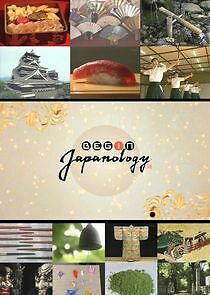|
Traditional Japanese storehouses were constructed using special methods, so as to protect valuables. They have thick earthen walls covered in white plaster, they maintain a stable level of humidity, and they can withstand temperatures up to 900℃. People used them to protect their important possessions from Japan's warm, humid climate and from the fires that raged in Japan's towns and cities, where houses were mainly made of wood. And storehouses were not just for storing goods; some were used for making sake, miso, or other items that required fermentation. Over the years, storehouses came to be symbols of wealth, even evolving into luxurious homes. As Japan's architecture modernized, the number of storehouses declined, but these days many people are converting old storehouses into restaurants, galleries, and living spaces. On this edition of BEGIN Japanology, our theme is storehouses. These buildings reveal a great deal about Japan's architecture and everyday ingenuity. |
||
| Title: | Storehouses | |
| Air Date: | March 14, 2013 | |
| Runtime: | 30 min | |



Lily23 : Contains spoilers. Click to show. Jewel's look absolutely saved her ass (rightfully so, it was stunning). I really wish Lydi...